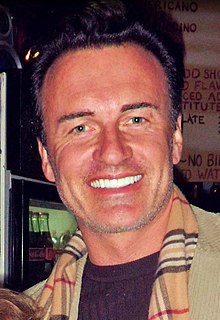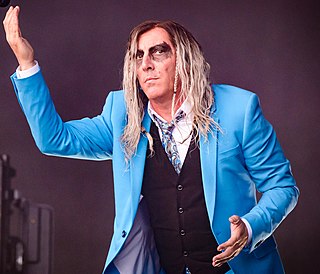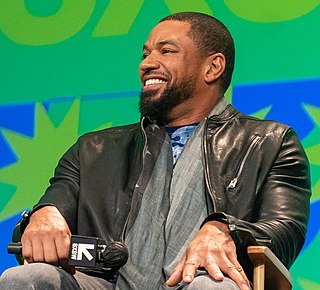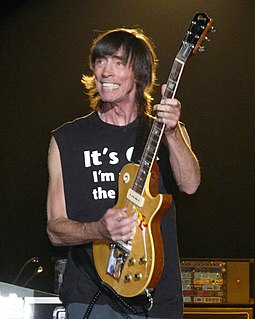A Quote by Max Richter
When you're working in cinema, you often have a very, very compressed schedule - very few weeks to just kind of go through that whole process of reflection and refining - and it has to be done.
Related Quotes
The fact of having this very new context, this unheard-of way of working, for me was very pleasant. I didn't feel that I was working, that I had any kind of burden to wear, to carry. I really was very happy and very lighthearted during the whole process of making the film [Certified Copy], of shooting it.
For me, filmmaking is an ongoing self-reflection process. I kind of push everything to the edge. I feel very exposed and fragile when I make a film. It's a process of dealing with loneliness. And it's also very dramatic - because while you are working on a film, you just realize how incapable you are of dealing with all these things. And you open yourself up, and it's like your heart is utterly exposed. And it's very tiring on a daily basis.
It's very easy to fool yourself that you're working, you know, when you're really not working very hard. I mean, I'm very lazy. So for me, I would always have an excuse, you know, to go - quit early, go to a museum, you know. So I do everything I can to make myself remember this is a job. I keep a schedule.
When we're doing the space walks, we're working very very hard. Every single minute is choreographed. But there's a few minutes here and there where ground is maybe talking about something, and you have to put your tools down and wait. Just getting a chance to look through your visor and see the planet go by was incredible.
I did go to Vietnam in 2000 as a kind of pilgrimage and to feel my generation was very much a part of this. I felt responsible but also connected and empathetic. It was a very complicated relationship we had, whichever side you were on. The shock of being there was very few people my own age - I was primarily in the North in the streets of Hanoi. A whole generation was essentially decimated.








































